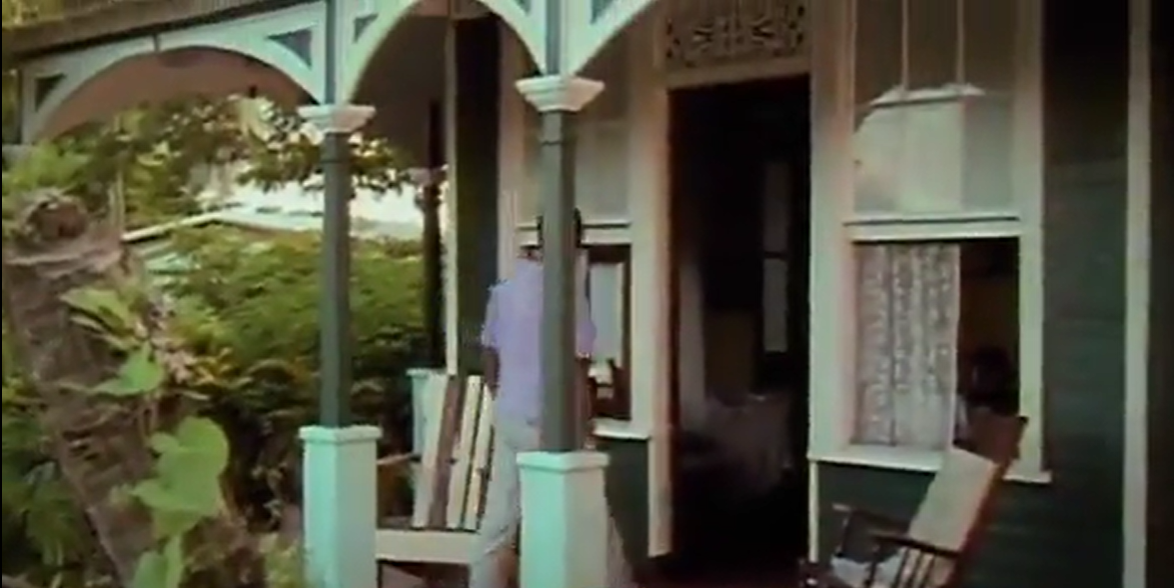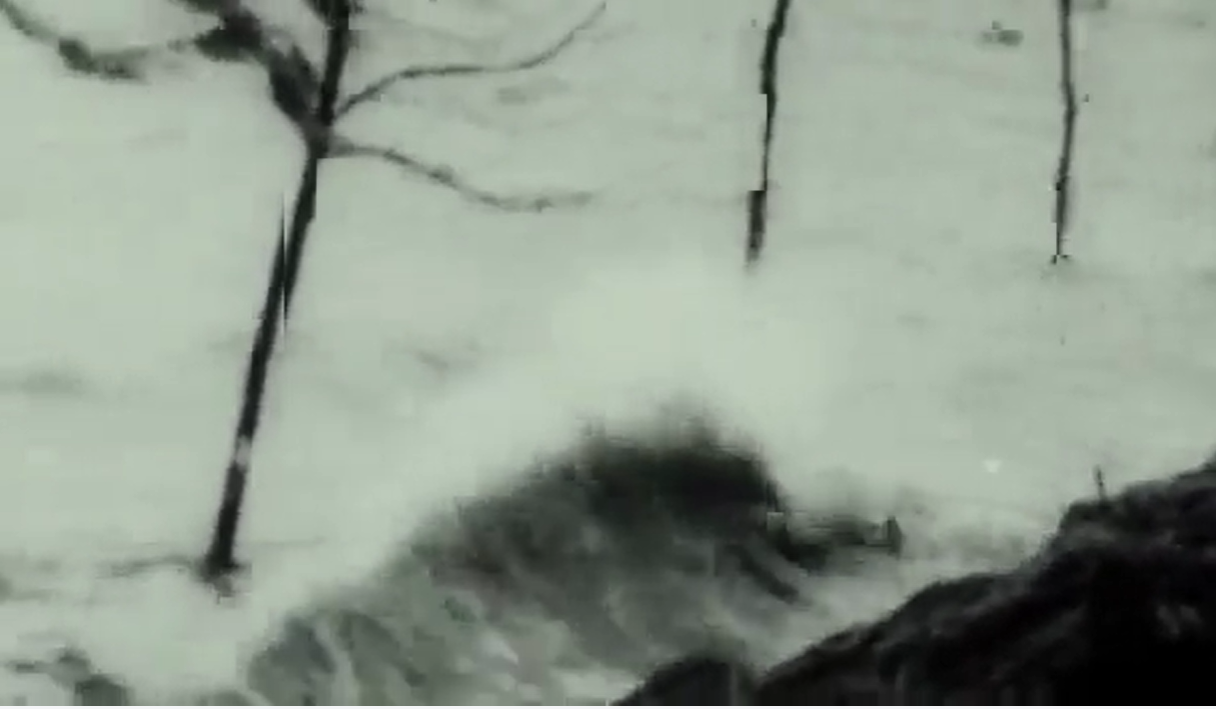Postcolonial and perspective: a necessary pairing
What is “Postcolonial”?
It seems that in order to understand the concept, there is a need to break its essence down. From the first few pages of Ella Shohat’s article, it appears clear that the concept carries some ambiguities on a theoretical and political level. I found the reading a perfect introduction to the concept of postcolonial which however did not shy away from critiquing it as well. The author interestingly called out a conservative portion of academics who seemed to be rejoicing at the use of postcolonial rather than the more uncomfortable “imperialism and third worldist critique.” (Shohat 1992, 99). The piece felt so current, that it did not seem to be from 1992.
Quick Off-Topic
Speaking of “uncomfortable”, I believe that the choice of Shohat to mention the Gulf War was a great way to start. That is because this conflict is also thought as a “Video Game War“, there were no close-ups of the victims, it was all displayed from a distance, where hitting targets seemed like simply winning a game. There were journalists who would take picture of victims, but then the media would not broadcast them. Down below, an example of an Iraqi victim and a quick comparison with a videogame that shares the same narrative as the “Video Game war”. These screenshots highlight how the criticism of the term “Video Game war” was a result of the state video games were at the time. Games have since made their narrative more complex and caught up with depicting the horrors of war.
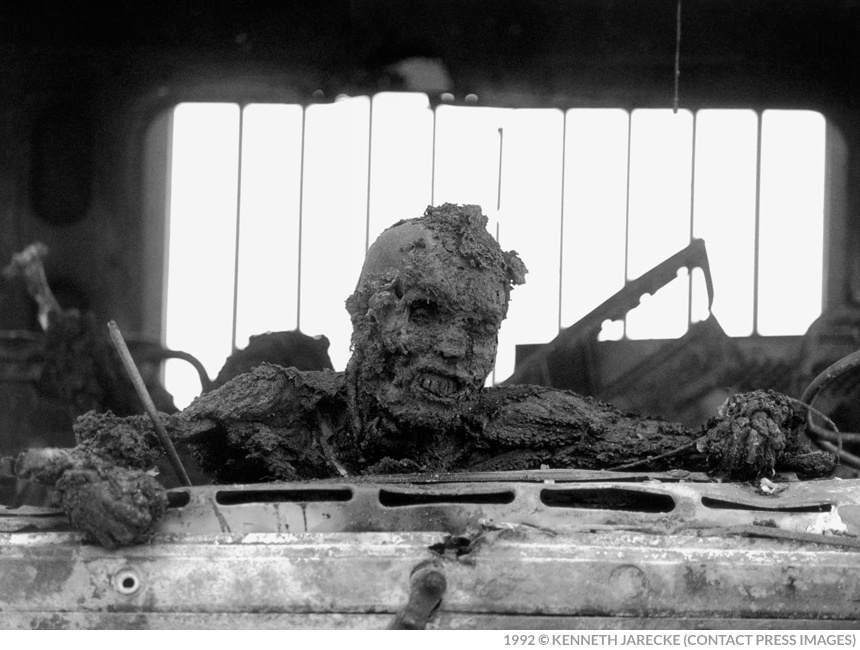
Via The Atlantic 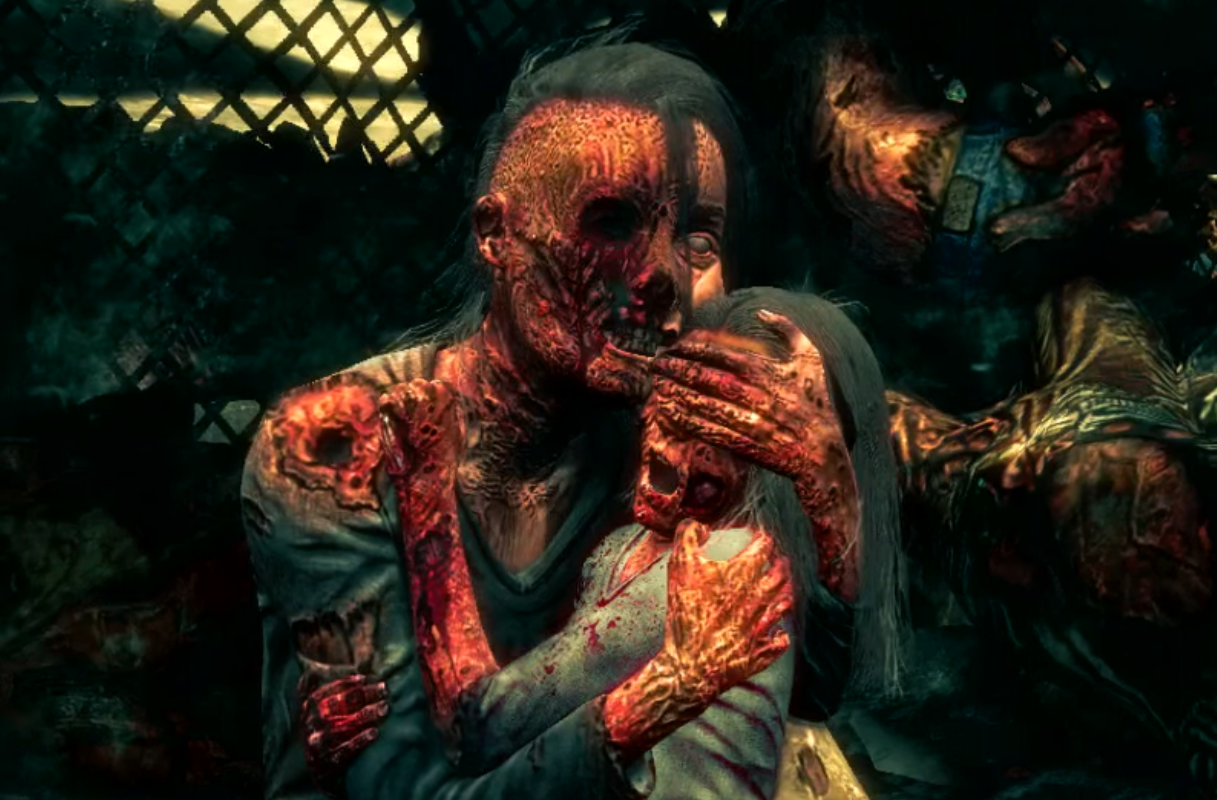
Screen shot of ‘Spec Ops: The Line – White Phosphorus‘
First Image: via The Atlantic, Second Image: Screenshot of ‘Spec Ops’ via YouTube.
Back to Shohat.
The comparison between the terms “Third World” and “Postcolonial” and the meaning (and weight) they carry was particularly enjoyable to reflect on. Being fairly new to the term postcolonial, I had not thought about the distinction, though I always despised the term “Third World”, as if there is the need to label certain populations, or a need to “save them”. Among the more progressive academics, the concept of Third World seemed to bring an aura of activism with it, while the shift to using postcolonial brought a theoretical aura and prestige. The idea that Third World is usually attached to “people” and “countries”, whereas postcolonial is attached to “condition” perfectly explains one of the main reason behind the need to change terms. Thus, postcolonial in my opinion conveys a more appropriate approach and perspective towards the communities who used to be under colonization.
However, the term postcolonial does not come without problematic aspects. Indeed, the problematic formulation of the term “postcolonial” expressed in a passage of The Empire Writes Back, groups countries such as United States, Canada and Australia in the same category as countries such as Jamaica, Nigeria and India, as they are all technically former colonies. This grouping fails to differentiate between forced exile and voluntary immigration (Shohat 1992, 102). In my opinion, putting all these countries on the same level presents a threat of deletion of the different experiences individuals and communities (belonging to the second group of countries I listed) go through. Indeed, linking postcolonial with a specific geographic location instead of making it a matter of perspective is both naive and, if anything, it feeds a neo-colonial narrative.
The term “Neo-colonial” comes into the postcolonial discourse because the relationship between ex-colonists and former colonies is one of a formal independence. In practice, there are still hegemonic behaviors in place. This might be a reason why neo-colonialism might be more accurate than “post-“, as that suggest a practice belonging to the past. However, again, it is a matter of perspective. Putting all these terms in relation with each other makes them clearer to understand in the context they are used. As Shohat says, it allows an illumination of the concepts (1992, 107).
Lastly, after carefully reflecting on Shohat’s article, I wholeheartedly agree that the concept of “postcolonial” requires a multi-disciplinary contextualization and a careful application of perspective.
Notes on Screenings
The Revolution of Machines – Madkour Thabit
The first thing I noticed about this short film was a repetitive pattern that was similar in its movements but very different in its nature. Spinning tops were repeatedly shown throughout the duration of the piece, interrupted by automated machines operating in factories. They shared the same repetitive movements, though spinning tops only spin in circles and machinery is capable of more variety of action. What is different is their nature. On the one hand, spinning tops are one of the oldest toys in existence, which archaeologists discovered in both Iraq and Egypt. Below, a comparison between a spinning top from the short film and one from King Tut’s tomb.
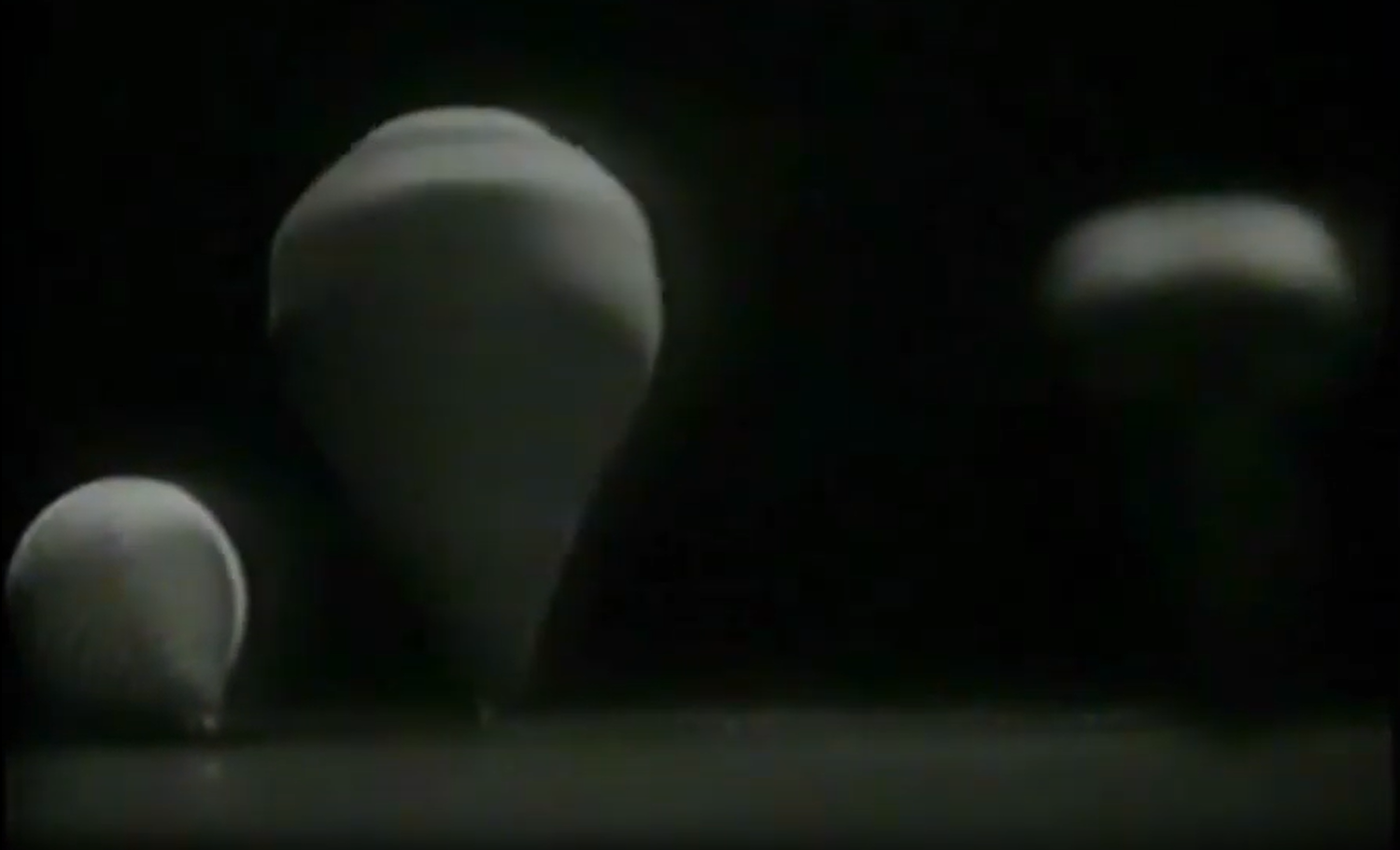
Still from The Revolution of Machines 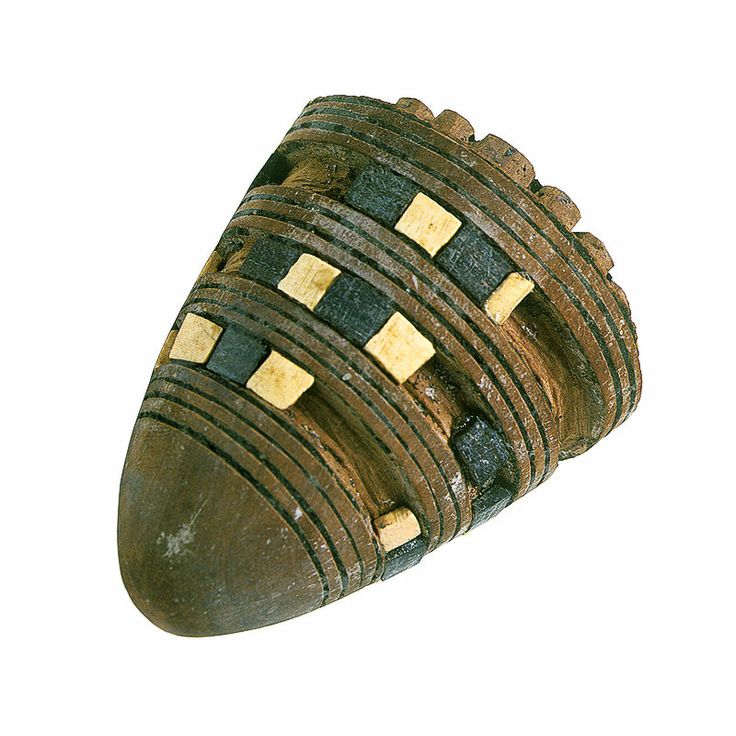
Spinning top discovered in King Tut’s tomb via Art of Play
First Image: still from The Revolution of Machines, Second Image: Spinning top discovered in King Tut’s tomb via Art of Play.
On the other hand, machines and factories convey a sense of new, of industrialization, maybe even as a symbol of advancement of society. Masses screaming “we will protect them” in the background as the video shows factories strengthens my argument of societal advancement and independence, and the desire of the people to defend that.
Retour à Agadir – Mohamed Afifi
I went and looked for more information on the background story for this short film’s subject matter and I don’t think I could understand it fully. It shows the aftermath of the Earthquake in 1960, while also integrating footage of the reconstruction of some of the buildings, alternating it with what looked like modern art pieces.
The Stuart Hall Project – John Akomfrah
Stuart Hall. One of the founders of the Birmingham School of Cultural Studies. If he was still alive, he would have earned the name of “influencer”. He could trace his heritage back to five different cultural and geographical places. We often take our genealogy for granted, but for many it isn’t.
‘How could one live without an origin to go back to?’ is the question Stuart Hall asks viewers of the film.
The two main aspects that resonated with me and made me reflect on what he said were two metaphors: one comes from Hall, the other one is what I believe to be John Akomfrah’s directing choice.
With the first metaphor, depicted in the image below, Hall explained that as members of his families were dying, the colonial way of life died with them. Similarly, the tropics took the ownership of his family house after that happened. I believe that to be a very significant testimony of the threat of erasure of one’s past.
In the second metaphor, Akomfrah decided to add a sequence of a wave splashing violently against a rock. This happen right after Hall was asked how it felt for him to experience Oxford for the first time coming from Jamaica. I found it to be a very poetic way to convey the shock that something so ductile (a wave, water) experiences when meeting something so stiff (rock).
To conclude, he also mentions the need of a change of perspective when trying to piece and mix together aspects of the identity belong to the past and to the present, in order to fully understand.
